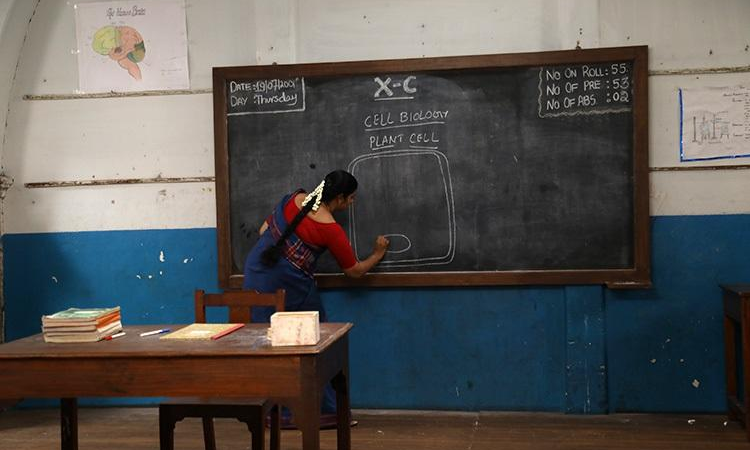TET Not Mandatory For Teachers In Minority Institutions: Madras High Court Reiterates
Upasana Sajeev
3 May 2022 10:15 AM IST

Next Story
3 May 2022 10:15 AM IST
The Madras High Court has reiterated that TET qualification cannot be made applicable to minority institutions. The bench of Justice V Parthiban further confirmed the legal position that the prescription of TET qualification in terms of the Right of Children to Free and Compulsory Education Act, 2009 was not applicable to minority institutions. In light of the decision of...
